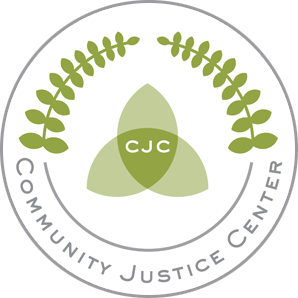I am a victim of bike theft. It seems kind of small, but it is a crime with consequences. Here’s my story:
I live in a nice appartment building with a private parking garage on the ground level. Everyone that lives there has a door opener, and the door closes automatically, so we all generally feel that our things are safe, because since everyone keeps stuff there, we have an “understood” trust among neighbors. People keep stuff in their parking places, in front of their cars, (things like fishing poles, tool boxes, camping gear, and christmas trees) and there are probably 25 of us who have bikes parked in the garage.
One day, I went to work, and when I came home, my helmet was laying where my bike had been. My husband’s bike was next to it, but it had a flat tire, and mine was a “nicer” bike. I had paid $600 for it, after saving money in order to get a nice one, since biking is my favorite way to exercise. I am just frustrated. Why my bike? Why not the bikes of 24 others? Did the thief know who I was, and that it was mine? Did they read the name on the emergency info inside my helmet before throwing it on the floor? Were you a neighbor of mine, or did you sneak into the garage as a car left? Did you like my new tail light?
Just because I live in a nice appartment doesn’t mean I am rich. I work to pay my bills, and I don’t have a lot extra. I don’t subscribe to cable TV in order to have that amount of money to spend on other things that I need more. I still don’t have the “spare” money to replace it 10 months later, and I miss riding it. Even if I were rich and could have replaced it the next day, it was MINE, and stealing it is a violation of trust.
I guess the thief most likely sold it to another victim who didn’t know they were recieving stolen goods, they thought they were getting a really nice bike for a good price. Shame on you, thief, I know you knew it was wrong to steal.
Editor’s note:
The Community Justice Center believes the key to unlocking the problems with our justice system is restoring control and voices to victims. A victim tends to get lost in the shuffle of police, lawyers, judges and court rooms. Their questions don’t get answered and their story becomes nothing but yesterday’s crime.
Offenders become nothing but criminals doing time on holiday. Most never take full responsibility for the damage they have done. They don’t get a chance to feel the victim’s pain and try to make amends, even if that is all they can do. The victim has the key to getting across to offenders. Offenders need to understand the extreme gravity of the harm they put upon the victim and the community.
A major part of the Community Justice Center (CJC) is elevating victims voices so they are heard all while restoring a clear sense of control back. Through CJC victims begin the healing process and offenders know true accountability while learning about the true harm they caused real individuals and communities because of their actions. Share your comments and impact stories.
